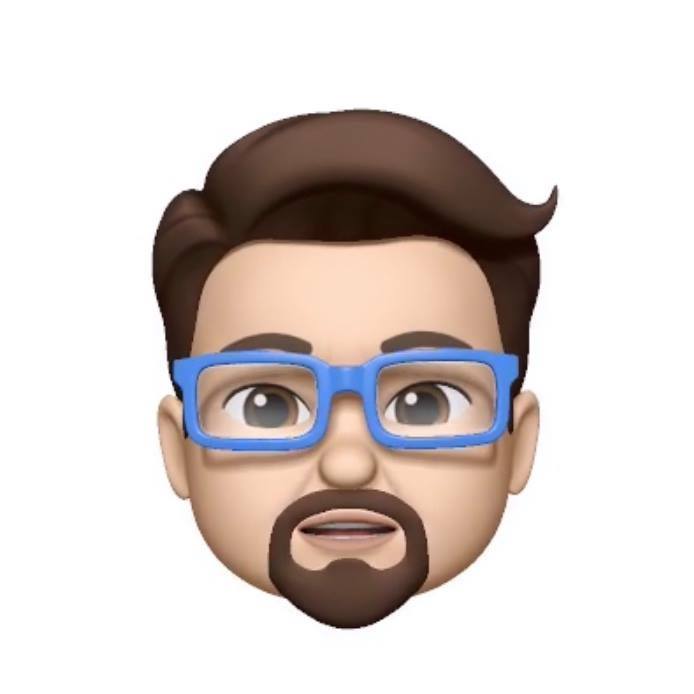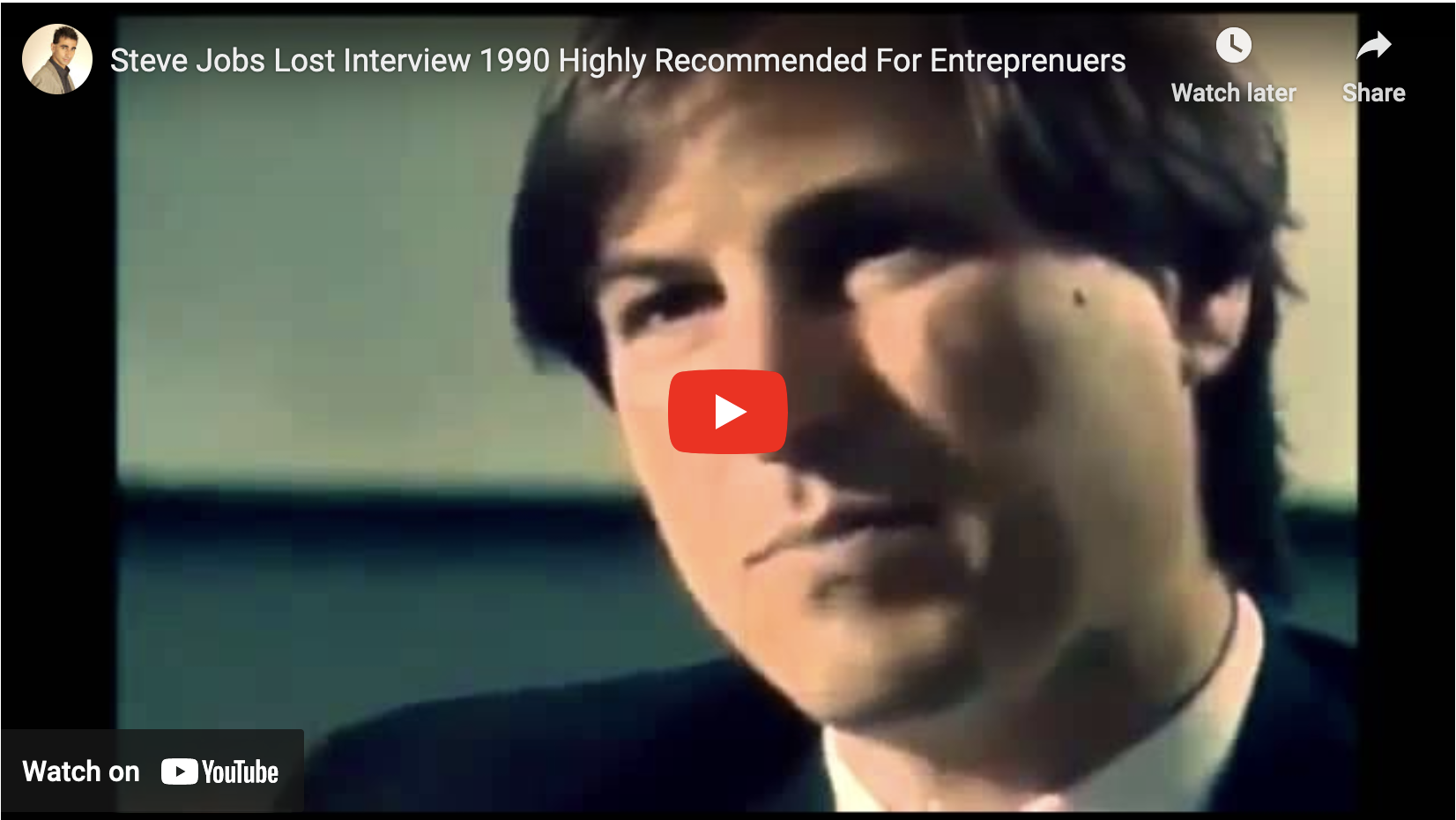
On Product Management: Creative Thinking vs. Critical Thinking
My lowest threshold when choosing to hire a new product manager consists of positive answers to these three questions:
- Are they curious?
- Are they a good communicator?
- Can they think critically?
It’s this last one that can be tricky to evaluate during the interview process. Here’s why.
I don’t like to ask candidates to perform any uncompensated work during the hiring process so I can evaluate it. It’s not fair to them - even if it’s just a case study of their own work.
That means that (generally speaking) all I can ask them to do is to tell me about a time when they had to analyze a use case or situation and walk me through their thought process for determining the best path forward. Sometimes the solutions are creative and sometimes they require critical thinking.
While creativity - the proverbial “out of the box thinking” - is great to see in a candidate, decisions should be based on data or, in the absence of data, based on observed behaviors or probability. Once there is solid ground to build upon, then you can introduce creative thinking.
To be clear, Wikipedia defines critical thinking as the following:
Critical thinking is the analysis of available facts, evidence, observations, and arguments to form a judgment. The subject is complex; several different definitions exist, which generally include the rational, skeptical, and unbiased analysis or evaluation of factual evidence. Critical thinking is self-directed, self-disciplined, self-monitored, and self-corrective thinking, and accordingly, a critical thinker is one who practices the skills of critical thinking or has been schooled in its disciplines.
Whereas creativity is defined as the following:
Creativity is a phenomenon whereby something new and valuable is formed. The created item may be intangible (such as an idea, a scientific theory, a musical composition, or a joke) or a physical object (such as an invention, a printed literary work, or a painting).
So, back to candidate evaluation.
In the absense of demonstrating critical thinking on a real world project, asking a candidate to consider, “What if…,” questions is a reasonably good indicator.
For instance, after telling me about something they worked on, I asked a candidate why they made a particular decision. The answer (or, hypothetical question) I received surprised me.
“Well, I thought to myself, what if the user changed their email address and can no longer login to the app? Don’t we need to make sure they can still log in?”
That is out-of-the-box thinking (waaaaay out-of-the-box) but was introduced prematurely in the development process. My response was simply a hypothetical question of my own. In this case, I countered with, “Ok. Let’s say that I moved my checking account to another bank, but I can’t understand why my paycheck wasn’t deposited. Who is responsible for my expected outcome? Or, if I moved to a new house and can’t understand why I didn’t get my mail, is that the fault of the postal service?”
Things that happen outside of a core user experience are not always the responsibility of the product creator. We need to consider probability:
- How often do we expect this to happen?
- Will this negatively impact our revenue by a non-trivial margin?
- What can we do to mitigate bad experiences - or worse: customer support issues and negative reviews?
This last point is critical, especially if you distribute software through either the Apple App Store or Google Play, where your product lives or dies by the quintessential 5-star rating. I’ve lost track of how many times I’ve read 1-star reviews where the person was complaining about something that was completely unrelated to the function and value of the app. (e.g.; a 1-star rating for the Netflix app because the company raised their monthly subscription by a $1.)
The response from this candidate demonstrated broad, creative thinking, but not critical thinking.
For a product manager, a critical evaluation should have clear boundaries:
- What is our responsibility for creating a great customer experience?
- What can we control?
- What can’t we control?
- Is it our responsibility to try to mitigate negative experiences for things outside of our control?
- Should we spend many hours and many thousands of dollars attempting to solve for this edge case?
To the point: a product team can’t be responsible for compensating for extreme (sometimes illogical) use cases. And your product team should keep that in mind during every step.
In the end, I passed on this candidate. They were the curious type and certainly a great communicator, but I don’t have time to teach someone how to think critically. That process should have started in pre-school, not on the job.



Comments